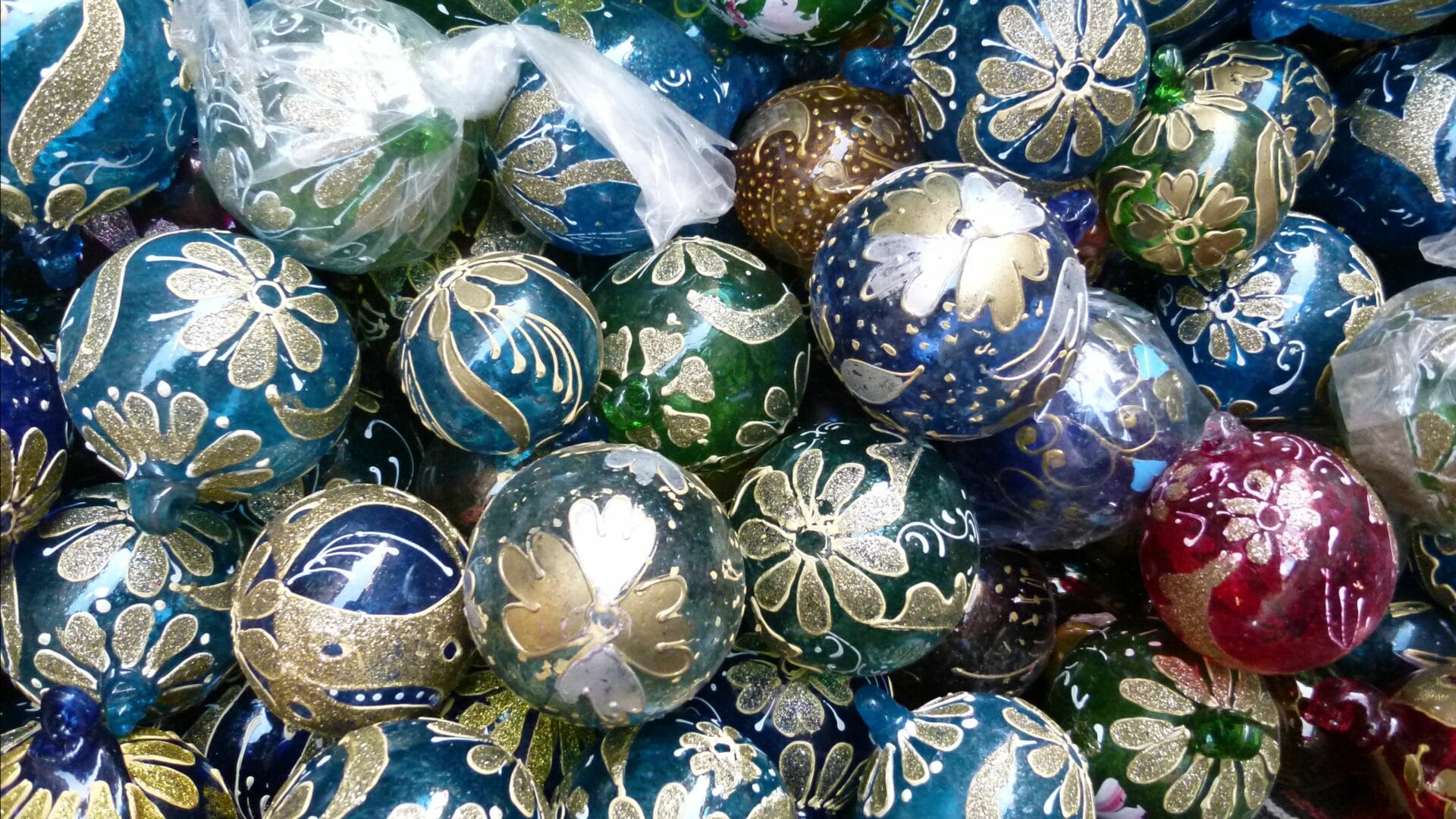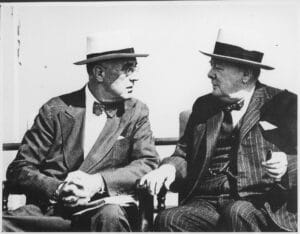
The Gift of the Magi
When I was young, I loved O. Henry’s short story, “The Gift of the Magi.” I’m sure you know it. It’s the tale of a dirt-poor young couple long ago. One December 24, they each sacrifice their most precious possession to buy the other a Christmas present. Unbeknownst to one another, the wife cuts off her long, luxurious hair and sells it to a wig shop while the husband pawns his prize gold watch. Alas, she has bought him a platinum watch fob chain and he has bought her a set of tortoise-shell combs. Yet their mutual devotion symbolizes to the author the height of wisdom, equal to that of the wise men who brought gifts to the Babe in the manger.
Like most of us, I imagine, my fondest memories are of people, not of gifts. Family gatherings long ago at my grandparents’: I remember those like yesterday. Holiday-season presents – not so much. But who would trade a red wagon or a baseball glove for the remembered smells of Grandma’s kitchen or the image of Grandpa’s smiling face and his hand waving good-bye as the elevator brought us downstairs from their apartment?
It’s always the people and their inner gifts that matter most. Two thoughts come to mind, one from the history books, the other from the synagogue.
 In December 1941, no sooner had President Franklin Roosevelt asked Congress to declare war on Japan after the attack on Pearl Harbor than Prime Minister Winston Churchill invited himself to the White House – for Christmas. First Lady Eleanor Roosevelt was not amused as Churchill’s supposedly brief visit turned into a three-week stay (with side trips to Canada and Florida). The President squared it with her because he realized that Churchill had brought an invaluable gift – himself, and the lessons he had learned in over two years of war. No present from Bond Street, no Mayfair trinket could compare to the iron will and strategic acumen that Churchill brought along with his cigars, whisky, and penchant for all-nighters, three uninvited weeks of them. Together, he and Roosevelt built a friendship that paved the way to victory in the world war.
In December 1941, no sooner had President Franklin Roosevelt asked Congress to declare war on Japan after the attack on Pearl Harbor than Prime Minister Winston Churchill invited himself to the White House – for Christmas. First Lady Eleanor Roosevelt was not amused as Churchill’s supposedly brief visit turned into a three-week stay (with side trips to Canada and Florida). The President squared it with her because he realized that Churchill had brought an invaluable gift – himself, and the lessons he had learned in over two years of war. No present from Bond Street, no Mayfair trinket could compare to the iron will and strategic acumen that Churchill brought along with his cigars, whisky, and penchant for all-nighters, three uninvited weeks of them. Together, he and Roosevelt built a friendship that paved the way to victory in the world war.
To turn to the synagogue, Judaism requires ten Jews – ten Jewish men, in Orthodox Judaism – for a quorum (minyan) for prayer. It’s not always easy to find ten to make the minyan. A rabbi I know told me that when he was growing up, his rabbi told him, “I don’t want your presents, I want your presence.”
Writing a check may be easy or painful, depending on one’s finances. Usually, though, it is easier than sacrificing one’s time. Yet time is the most valuable commodity. Again and again, life reminds us that the greatest gift is ourselves.
Merry Christmas to all my friends and readers who celebrate the holiday.